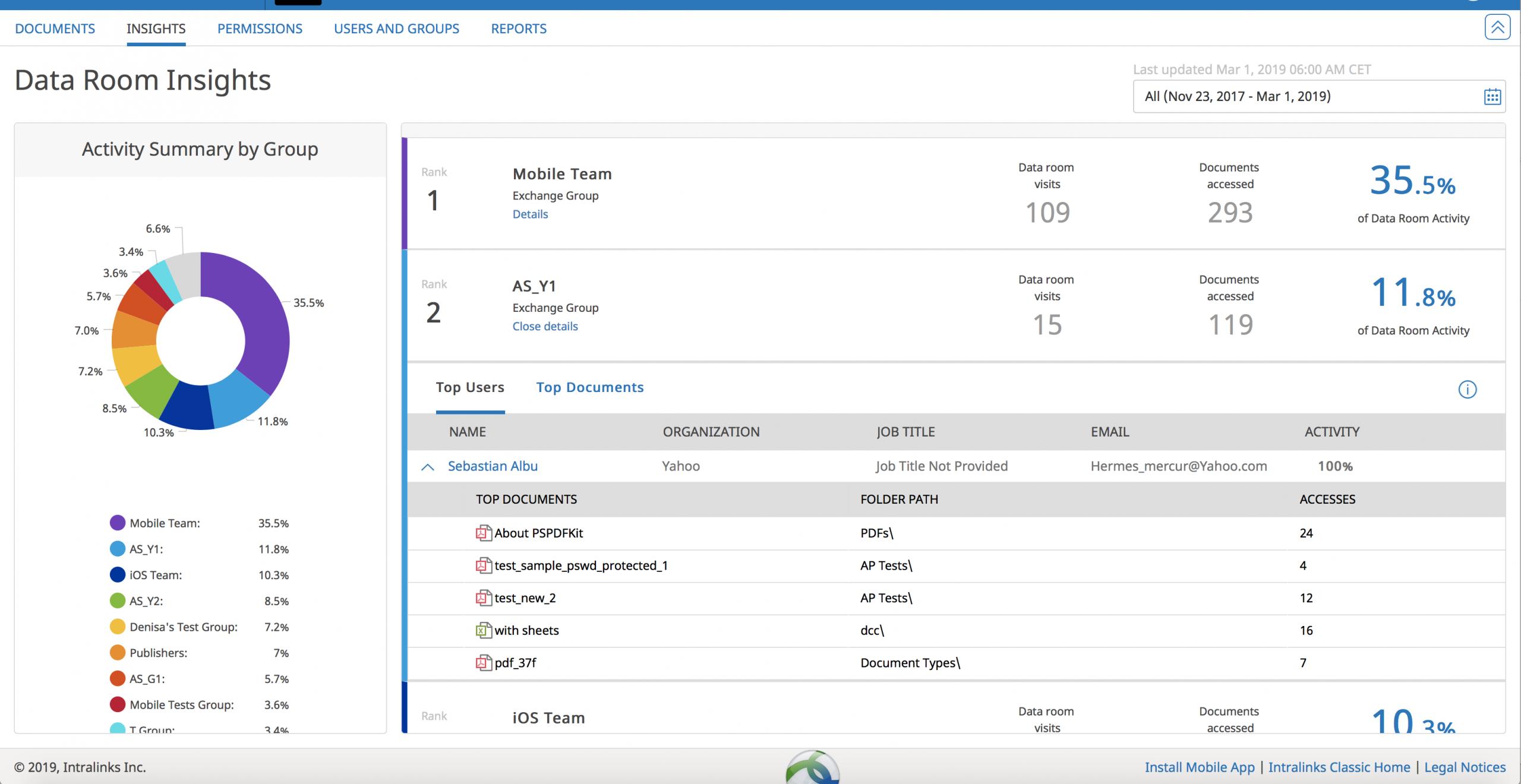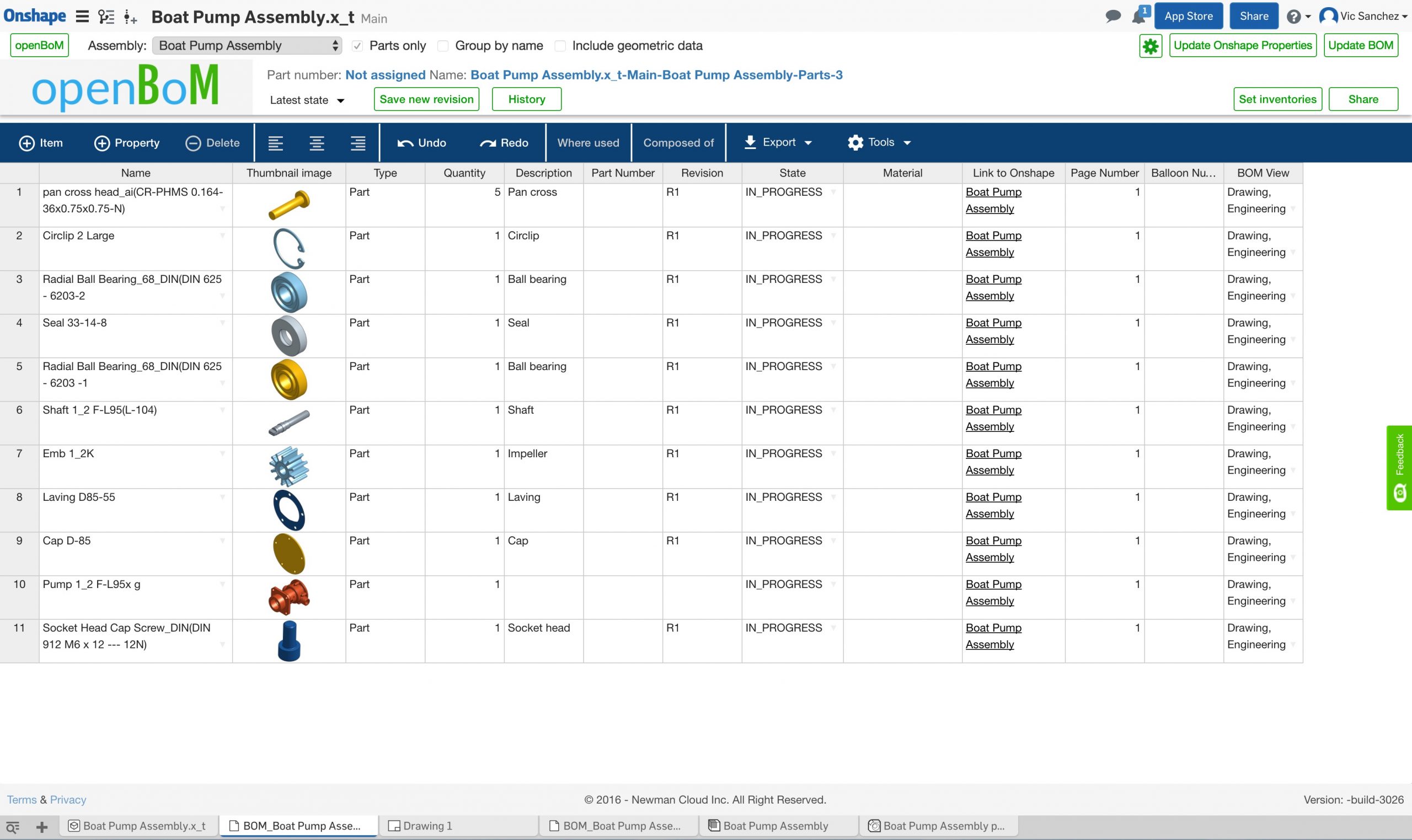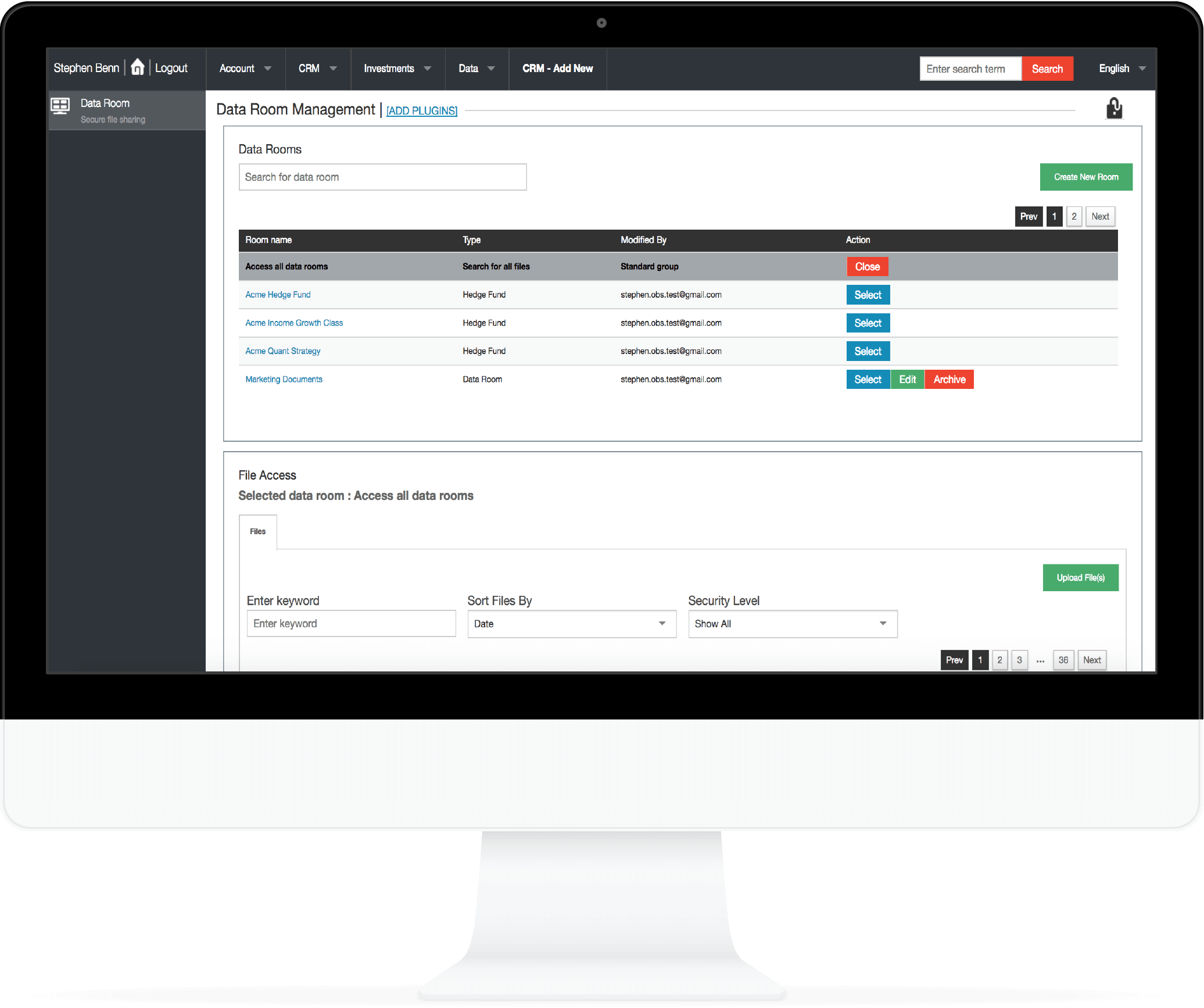Virtual data rooms are something that you will hear very frequently especially if your business or company is sharing data through the cloud, or storing data in computers. But what exactly is a virtual data room? How can it help your business? What kind of firms uses it? In this article, we will discuss everything that you need to know about Virtual Data Rooms. Without further ado, let’s start:
What is a virtual data room
As the title indicates, a virtual data room also known as a VDR is a storage system on the web in which organizations can keep and transfer discreet data, generally employed throughout a financial business deal. It can also be referred to as a form of online database or record filing structure. With the common dependence on computer systems and professional computer software to maintain the daily procedures of a business, along with the undeniable reality that a growing number of businesses are doing the adaptation of a totally paperless workplace, the majority of the formerly document-heavy business procedures have been moved to the digital world.

Virtual data rooms are employed by businesses to safely save and transfer crucial and delicate business information and are most frequently utilized in the course of business deals and transactions. The data saved in a virtual data room is normally personal records that are usually looked upon as a high value possession of the business or the holder of the virtual data room. Obviously, along with conventional document preservation that is needed is for a lot of monetary, legal, and taxation concerns, a great deal of businesses have some other essential files and data that they have to keep and would choose to save them securely to make sure that it continues to be private. For instance, items associated with intellectual property, like trade strategies and copyrighted items need to be easy to gain access to but also have to be saved in an extremely safe place. As a result of the increasing significance of data as well as the resulting higher need to make sure that these kinds of information are properly safe, the virtual data room industry came into this world, and through the years, they have developed into the type of method that is widely used nowadays.
Who makes use of Virtual Data Rooms?
It is obvious right now that companies across different sectors have been embracing virtual data room companies, as opposed to physical data rooms, for many years, and they have many great reasons to do so. The development of the data room sector has evolved the manner in which individuals conduct business and now acts as a required application for all people included in any kind of business bargain. They provide clients with day to day admission to business data in a safe place on the internet that can be viewed through any location, all while reducing the chance of human mistakes that could possibly sour a deal. However, as mentioned before, a virtual data room includes more than a diligence round in the course of an M&A. Virtual data room companies assist a lot of sectors in correctly finishing all corporate activities in a safe, governed, and comfortable method. Below are a number of industrial sectors that commonly make use of virtual data rooms:
Technology industry
The technology industry is a sector that is motivated by fast advancements and development. Businesses are continuously bringing up resources, getting bought, becoming a public company, and much more. Possessing a safe and organized method for business document sharing and safe keeping is extremely important for the technology industry. A data room for technology firms generally makes it possible for these kinds of financial transactions to occur:

- M&A
- Raising investment capital
- Business record storage
- HR documents
- Audits and compliance
- IPO
Life Sciences
The life sciences sector is generally made up of biotech, healthcare relates products and pharmaceutical firms. They have a great deal of intellectual property to safeguard. Businesses within the life sciences sector regularly make partnerships along with other firms, obtain licenses for their intellectual properties, increase resources, and possess the demand to safeguard an intellectual property profile. A virtual data room for life science firms generally makes it possible for the following transactions to take place:
- Fund collecting
- Clinical tests
- Licensing intellectual properties
- Legislation and compliance wit HIPAA
- Tactical partners
- M&A
Investment Banks
Investment bankers generally search for a dependable virtual data room provider that simplifies the deal procedure. The field of M&A is complicated and easy, safe, and rapid due diligence is very important. Investment bankers are routine customers of virtual data rooms on the internet, and their usage includes the following:
- Buy-side M&A for buying
- Sell-side M&A for selling
- Raising of capital
- Rights problems
- Tactical partnerships
- IPO
Legal Companies
Legal companies have to safely transfer private information with customers, employees, along with other people of interest. As such, they need virtual data rooms that give a structured approach that enables them to execute this easily and swiftly, because time is of the essence when it comes to legal transactions. Generally, legal companies and firms make use of online data rooms for the following transactions:
- M&A
- Raising of funds
- Partnership with other companies
- Going to court
- Filing for bankruptcy

Private Equity Finance Firms
Companies dealing with private equity as well as venture capital carry out various kinds of business dealings, all of which need for the transfer of confidential data with a number of people. These firms are working with a lot of complicated financial dealings and need to do so safely and rapidly. Businesses dealing in private equity and venture capital make use of online virtual data rooms for the following transactions:
1.Equity purchases
- Buy outs
- Cancellations
- Fund raising
- Communication with business partners
- Communication with their investors




